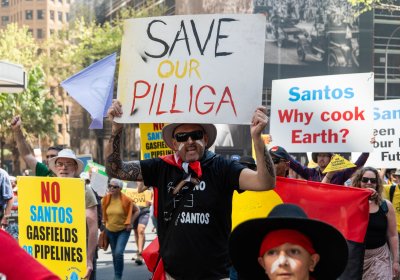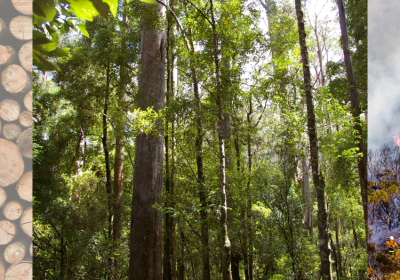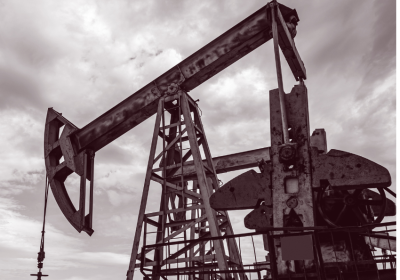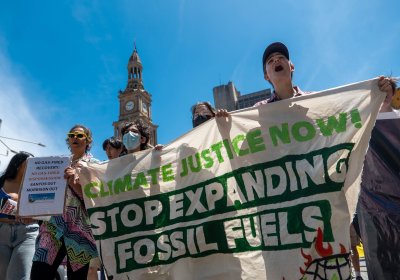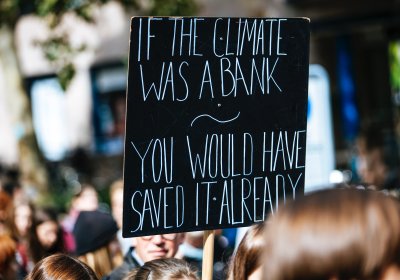The latest statistics show that almost all the gains made from reaching an average of 40% renewable energy in electricity generation have been cancelled out by rising greenhouse gas emissions, mainly from transport. Peter Boyle reports.
Greenhouse gas emissions and reduction targets
New research suggests that with the present approach, global warming will exceed 1.5°C in the 2020s and 2°C before 2050. But it is never too late to fight, argues Alex Bainbridge.
In Montana, in the United States, a court has found in favour of 16 young people, aged from 5 to 22, who argued that their constitutional right to a clean and healthful environment was violated by permitting fossil fuel projects, reports Binoy Kampmark.
A new documentary, Tasmania’s Forest Carbon, presents a powerful argument to end native forest logging in Tasmania, reports Susan Price.
Susan Price reports that Labor is weighing up 116 new coal, oil and gas projects — the equivalent of starting up 215 new coal-fired power stations.
Just days after US President Joe Biden called global warming 'an existential threat to human existence', the US proceeded with the nation's largest-ever auction of oil and gas permits, reports Kenny Stancil.
Susan Price interviews Canadian ecosocialist Marc Bonhomme about the 2022 United Nations Biodiversity Conference (COP15), which took place in Montreal from December 7‒19.
Scientist Rebellion Australia launched a new campaign urging people to engage in non-violent civil disobedience to expose the severity of climate change. Kerry Smith reports.
A new study reveals that scientists employed by fossil fuel giant ExxonMobil between 1977–2003 correctly predicted the rate of temperature rises as a result of carbon emissions, reports Binoy Kampmark.
Failure born of neoliberal greed is apparent at the COP27 Climate Change Conference in Egypt. Gideon Polya reports.
Ahead of COP27, governments are making a big deal of their pledges to reduce greenhouse gas emissions. But even if all the pledges were kept, global warming would still reach catastrophic levels, argues Ben Radford.
A more climate-friendly federal government does not give Victoria an excuse to become complacent, argues Anna Langford.
- Page 1
- Next page

